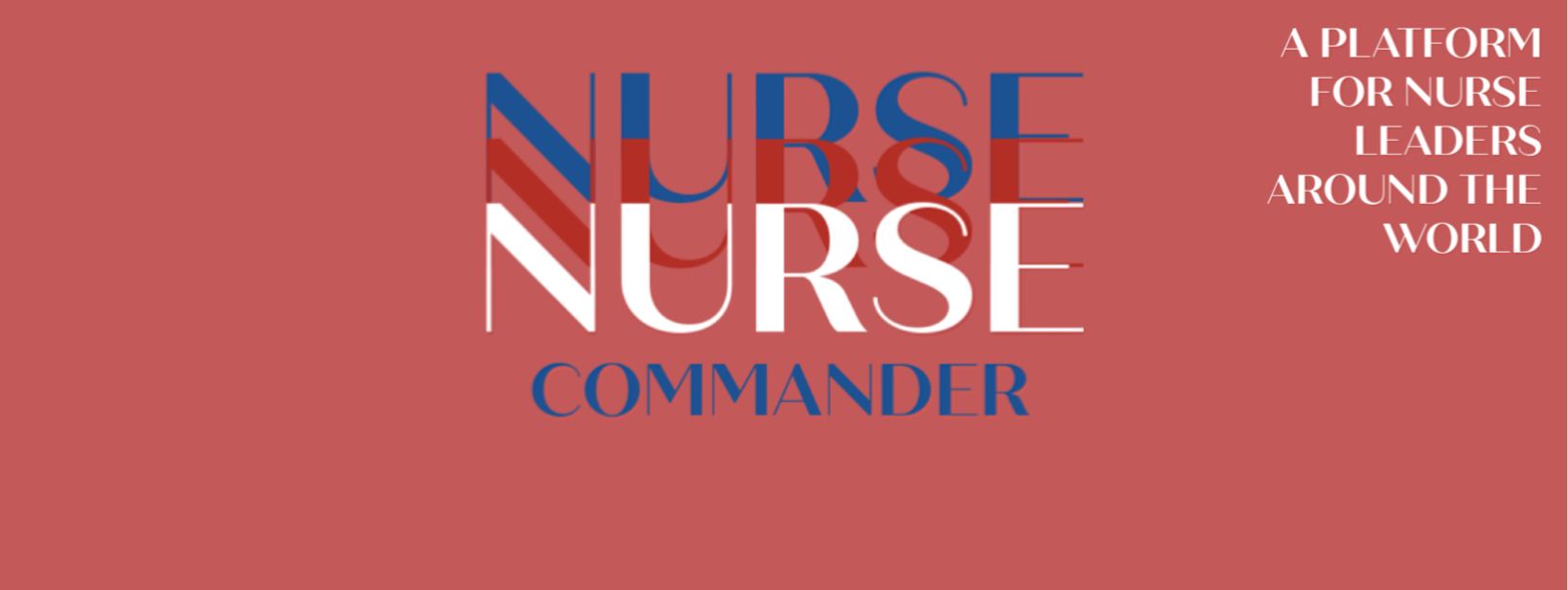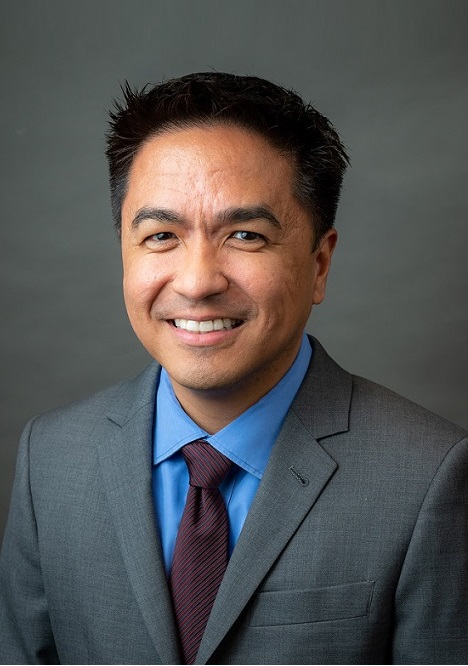Ron Yolo, MSN, MBA, RN is the VP, Chief Nursing Officer (CNO) at Dignity Health, Glendale Memorial Hospital and Health Center in Glendale, CA. The COVID-19 Pandemic underscores the importance of effective leadership to help prepare healthcare organizations in its timely and appropriate response to the crisis. Yolo is responsible for 60% of the healthcare workforce and clinical operations for his organization and most importantly the patient care experience. Yolo has been with his organization for 20 years and has progressed up the ranks from Clinical Nurse Assistant (CNA) to serving as the Chief Nursing Officer (CNO) today. Currently, Yolo is pursuing his Doctorate of Nursing Practice at Yale University’s School of Nursing. His doctoral work focuses on reducing sepsis readmissions.
Of note, Yolo was interviewed while recovering at home with flu-like symptoms and cough. Yolo was tested and retested negative for COVID-19 and was anxious to be physically present at work again. He has been monitoring his organization’s daily status virtually and communicating with staff from home. Yolo reports that his institution acted quickly and immediately secured its borders. They restricted points of entry into the facility and implemented a restricted visitor policy except for childbirth and end of life and temperature and symptom screening at the entrances. Yolo has been preparing his institution for a surge and shared his experience leading during uncertain times. The below outlines Yolo’s emergency preparedness plan and priorities.
- Commander Center
Activate a commander center to determine resources, surge capacity, review policy & procedures, and develop plans to secure and allocate necessary resources.
- Communication
Setting up a communication system that can deliver information across all levels of the institution is critical. “Need to get information, best practices, what’s working and what isn’t to staff, so that the entire organization is informed and able to function effectively,” said Yolo.
- Transparency
Leadership needs to be as transparent as possible with all the people they’re leading and tell them the truth even when the truth can change from day to day. “I have developed a level of candor with my staff. They know I am sharing the best information available at the time. People can handle bad news or frightening news if it’s put into context for them and they believe it’s accurate. Tell them that there’s a serious problem, that they need to fear the enemy; they need to respect the enemy. But at the same time, you must build their confidence that says, if you do this right, we can win this,” says Yolo.
- Relationships/Teamwork
Yolo credits the competency of the administrative team and the relationships he has forged with other disciplines over the past two years in his role as CNO as being critical to the team’s ability to work together effectively during this crisis. Yolo rounds daily with the Chief Medical Officer (CMO) and both are visible as a cohesive front. The labor unions have been accommodating and all are aligned in their efforts to do what needs to be done to get through this crisis and deliver the best patient care while also protecting staff.
When asked how he is managing staff anxiety. Yolo shared the following:
- Listen and Respond “It is important to listen to staff and be responsive to their needs. Often, just by listening, staff has offered solutions to issues and provided helpful insight into the current situation. Equally important is to respond to what they are saying. If you don’t follow through, you lose credibility. I have adopted a behavioral approach to our response to the pandemic. It has not been easy for anyone working on the front lines. Our employees are scared, anxious, overwhelmed, and exhausted. It was evident that organizational leaders did not have the right answers to their questions and concerns as information from the CDC, WHO, and our local public health were changing daily. Staff expressed confusion, which led to anger and frustration. After experiencing this, I immediately created a COVID-19 clinical task force responsible for information sharing, education, and hearing the concerns of the staff. I have found that when staff are anxious or afraid, they only retain a quarter of the information you are disseminating. I directed our task force to round multiple times during shifts giving the same and consistent message of the day.”
- Support Staff Yolo rounds on all the units and conducts huddles up to twice a day to ensure concerns are heard and most importantly, to support everyone. “I want staff to feel that our team is here to support them through this crisis. We build relationships at the front lines to make sure they have all the knowledge and resources they need to care for themselves and our patients” said Yolo.
At the end of all this, leadership will be criticized (positively or negatively) on how we responded to this crisis. Hopefully, the relationship leadership approach will prove to be an example of great leadership”, Yolo said.
Yolo has returned to the front lines and is recharged to lead his staff and colleagues in this national crisis.

